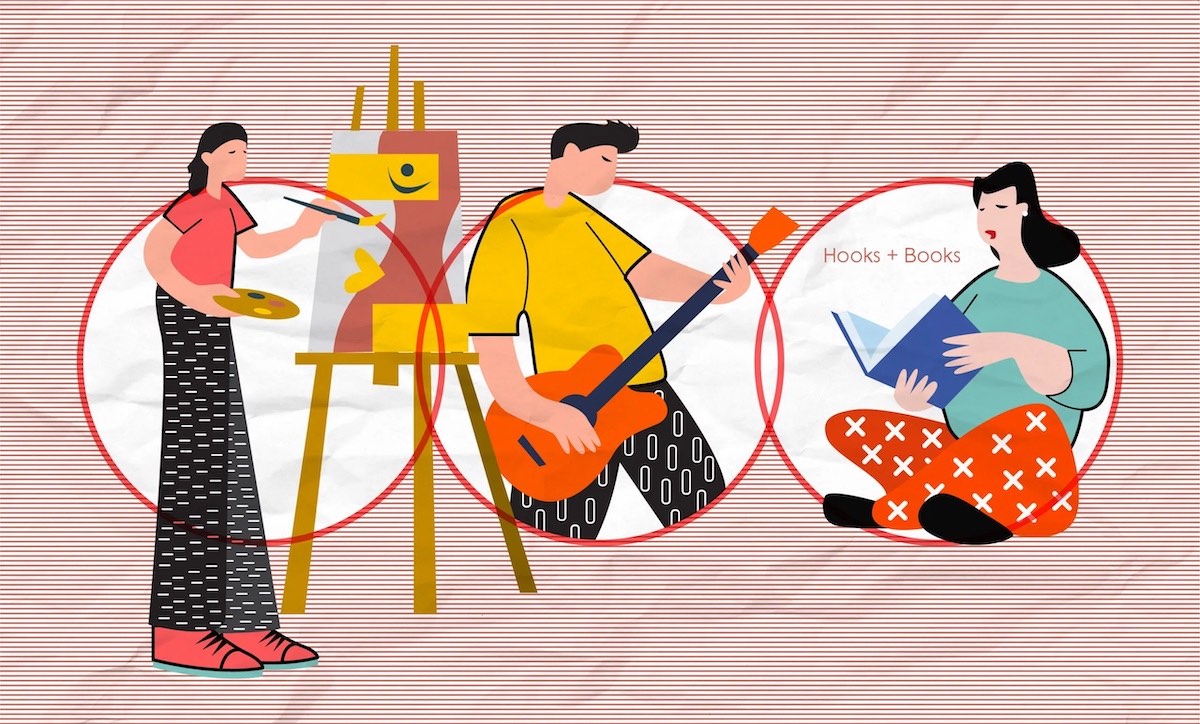‘Mabisin kan?’

I grew up in an English-speaking household. Although I was and still am fluent in Filipino, my expertise lies in our colonizer’s language.
My family often visits our extended family in Baguio. We always enjoy our time there, catching up with each other and sharing milestones. But what caught my attention most was when my relatives spoke in Ilocano (the dominant dialect in Baguio). This usually meant they were discussing family secrets or the latest family gossip. Either way, I was entranced and keen to join the conversation. And so, I would constantly follow my Lola around either trying to pick up words and expressions she used or asking her to teach me some phrases.
From the myriad of words she taught me, only one phrase stuck: “Mabisin akon” (I’m hungry).
I overused and overused this phrase, proud that I was able to speak in the same code that my relatives spoke. I made it a point to ingrain it in my brain so that if ever an opportunity came up, I could brandish my secret skill. And I did. I was ecstatic every time someone would mention knowing Ilocano at school and I’d chime in, laying out the phrase I knew. It was exhilarating knowing I could bond with people this extra way, at least a little bit.
Because of this, my love for languages flourished. Learning different languages was a niche that I explored during my free time. I just had a yen to broaden my horizons and meet new people I could interact with. I learned (and am still mastering) French, Mandarin, Japanese, Spanish, and, sign language. Without fail, I would practice every day and watch videos to rehearse even more. I have always been determined in all that I do. However, nothing rivals how long I have stuck with language learning as a hobby. I thought it was a completely harmless activity, only meant to benefit me.
Until I had an assignment to watch a short documentary about a province in the Philippines and they were speaking a dialect I did not even recognize. I had to turn on the subtitles to understand the story of my fellow Filipinos.
And yet I willingly spent multiple hours of my day learning the languages of those who erased our country’s whole culture for their own.
The disappointment I had for myself gave me whiplash in which I valued being able to connect with outsiders rather than my own. When the realization struck, I stared blankly at my computer screen not able to comprehend the documentary anymore. I searched deep within myself for redemption—maybe there was a reason I gravitated toward other cultures. Maybe there was someone else to blame? Except there wasn’t. It was all my fault and I truly felt as low as the Earth’s core, especially being a university scholar and using taxpayer money.
When I recalled the fated phrase my Lola taught me, I felt even worse.
How is it that the only piece of dialect I know from my home country is laced and drowned in greed? The “secret skill” I had was all performative and it was not the edge I thought it was.
Beyond that, I started to think about how nationalism is presented in our country. Yes, we sing the national anthem every week in school, but how many students say all the correct words, and how many students recognize the message of the song? And, how many Filipinos know that the original Philippine flag was never sewn here?
I think our pride might be slightly misguided. How hospitable and gracious are we to foreigners and how hospitable and gracious are we to poor Filipinos?
By epiphany or guilt, I willed myself to be more conscious of our true culture. I explored the dialects in our country and I am dejected to report that no Filipino dialect learning apps were available. Although people are willing to teach, their rates can go from upwards of P500. I am lucky to have my grandparents fluent and always beaming to teach, but not everyone is; even if everyone deserves to enrich themselves in the national and local culture.
Thus, with remorse, I still hold the phrase “Mabisin akon” close to my heart. Because I can redirect that greed and hunger.
Mabisin akon. I am hungry and more accurately starving to learn more about my country—as cliché as it may be. I hope other Filipinos are, too.
—————–
Maya Alessandra Ozo, 18, is a humanities and social sciences student at the University of the Philippines Integrated School.

















